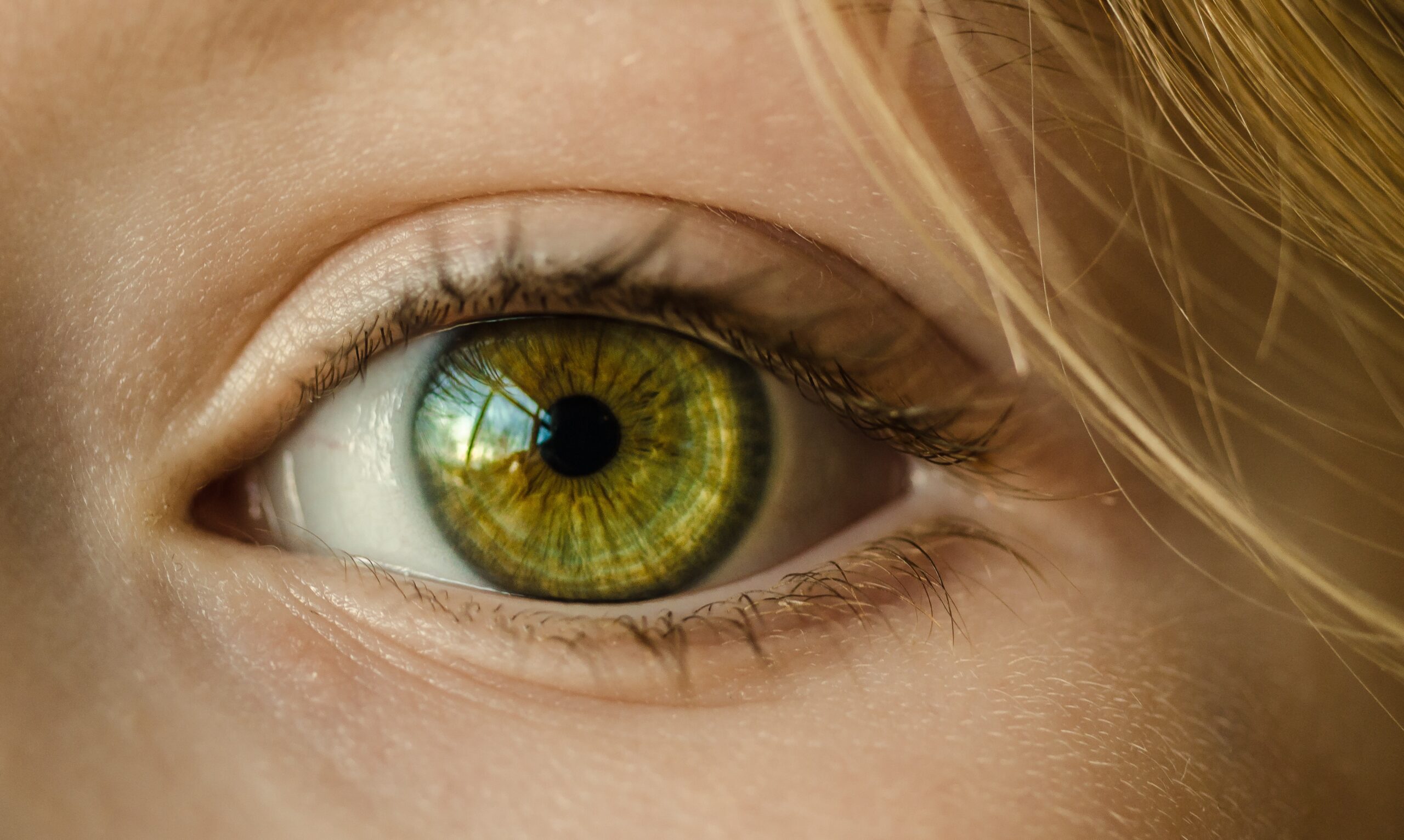Like most things in life, medical cannabis use comes with some pros and some cons. As the old saying goes: “There is no such thing as a free lunch,” and this is certainly the case when it comes to medical marijuana use.
Many of the pros are so life-enhancing that, for many people, they make the cons easily handleable and well worth it.
If you are going to use a California medical marijuana card it is best to know exactly what you are getting yourself in for – the good, the bad and the ugly! So here is a list of some of the most common pros and cons associated with medical cannabis use.
The Pros of Medical Marijuana Use
It is now proven beyond any reasonable doubt that medical marijuana provides effective pain relief. It’s pain-relieving effects are on a par with (and often better than) the leading prescription painkiller pills on the market today. But cannabis card use comes without many of the unpleasant side-effects that pills have, such as addiction and loss of libido.
California weed card use causes an increased appetite. This is very helpful for patients who, due to the specifics of their illness or their mental state, find that they have little or no appetite, and so struggle to get the requisite nutrients and calories into their bodies.
The cancer-fighting properties of medical herb are now becoming more and more apparent. Research is now suggesting that cannabinoids can help to inhibit and (even completely stop) tumor growth. While chemotherapy tends to kill healthy cells as well as cancerous cells, cannabinoids appear to attack cancerous cells while leaving healthy cells alone.
Many PTSD sufferers report considerable reduction of their symptoms when they use a California medical card, and there is solid evidence to back up these anecdotal reports. A study at the University of Haifa showed that rats who were exposed to trauma and then given cannabinoids did not develop PTSD, while rats that were exposed to trauma but received no cannabinoids did develop PTSD (poor rats).
Dr. George R. Greer MD in Santa Fe, New Mexico says that according to his research, PTSD patients report, on average, a reduction of 75% in their symptoms when they use MMJ.
Medical cannabis, in its raw form, is mega dense in nutrients. As a dark and leafy green plant it is rich in iron, calcium and fiber. The cannabinoids and fatty acids found in the cannabis plant reduce inflammation, improve cellular function and reduce damage from free-radicals. Juicing medical marijuana is very healthy.
Many patients report a marked reduction of anxiety symptoms when they are under the influence of medical cannabis. The CBD has a strong calming effect on the body, relaxing any tensions that may be present. The THC can induce feelings of calmness, well-being and even euphoria – and it’s difficult to be calm, euphoric and anxious all at once!
There is solid scientific and anecdotal evidence that MMJ calms muscle spasms. This makes life a great deal easier for people who suffer from seizures, various symptoms of multiple sclerosis, physical injuries and cramps.
MMJ eases the pain of glaucoma. Glaucoma occurs when the optic nerve is damaged by a buildup of intraocular pressure. The THC found in medical cannabis has been proven to reduce intraocular pressure by approximately 30% for up to four hours.
For people who suffer from insomnia, a good, strong CBD-heavy medical cannabis can promote sleep and win them some much-needed rest, recuperation and rejuvenation.
The Cons of MMJ Use
Much anecdotal evidence points to medical marijuana-use promoting laziness and a lack of productivity. Regular cannabis-use can make a person so relaxed and listless that they have little motivation to do anything apart from laze on the sofa watching TV and eating candy.
Despite the fact that CBD-heavy strains of marijuana often cause a patient to fall to sleep, it is often a poor quality sleep. Many heavy cannabis user report waking up feeling tired, drowsy, foggy and heavy-eyed, almost as if they are experiencing an alcohol-induced hangover.
As we mentioned earlier, California marijuana card use is good for stimulating appetite. However, the other side of this coin is that excessive weight gain and even obesity are a risk with heavy weed use, and specifically the longing for food that can come with it.
Heavy MMJ use can bring on feelings of sadness and depression. This may be linked to a general existential angst brought on by guilt and worry about being lazy and unproductive (due to MMJ use), and/or to a consistent lack of high-quality sleep, or it could be to do with chemical imbalances in the brain brought on by too much exposure to the psychoactive THC in MMJ. Either way, weed seems to cause depression in some people.
Chronic medical marijuana use has been reported by many people to increase general anxiety levels. As we mentioned earlier, many forms of acute anxiety can be reduced and eased in the moment with MMJ use. However, over the long-term, general anxiety levels can often be raised by (relatively heavy) cannabis use.
So, now you know the main pros and cons and you can make your own educated decision. Good luck!


